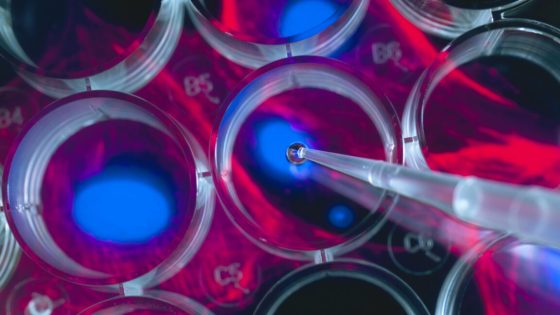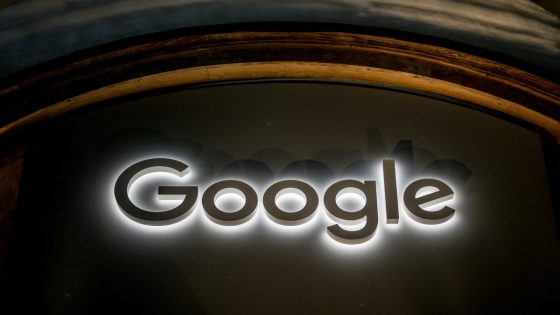Google is pushing the boundaries of technology with its new AI co-scientist, designed to assist biomedical researchers. Launched on February 19, 2025, this innovative tool aims to generate research hypotheses and streamline scientific inquiry. But can AI truly enhance the scientific process?
- Google integrates generative AI into products.
- AI co-scientist aids biomedical research.
- System generates research proposals and hypotheses.
- Internal evaluations improve scientific accuracy.
- Human experts rate AI co-scientist positively.
- Researchers can apply for Trusted Tester program.
Google’s AI Co-Scientist: A New Era for Biomedical Research
Can artificial intelligence really think like a scientist? Google’s AI co-scientist is designed to help researchers brainstorm and develop new research ideas. By inputting their goals and past studies, scientists can receive tailored suggestions from this advanced tool. But how effective is it in real-world applications?
How Google’s AI Co-Scientist Works to Generate Hypotheses
The AI co-scientist operates as a sophisticated brainstorming partner, utilizing interconnected models to analyze input data. Here’s how it functions:
- Researchers input their objectives and relevant studies.
- The AI processes this information and generates potential research avenues.
- It conducts internal evaluations to refine its suggestions.
- Scientists can interact with the AI through a chatbot interface.
Evaluating the AI’s Performance in Real Research
How do experts view the AI co-scientist’s contributions? Initial evaluations from biomedical researchers indicate that its suggestions often surpass those of traditional AI systems. This feedback highlights its potential for generating impactful and novel research ideas.
Collaborative Research: Google Partners with Universities
Google’s collaboration with universities is a significant step in validating the AI co-scientist’s capabilities. For instance, the AI proposed repurposing drugs for treating acute myeloid leukemia, which laboratory tests confirmed as a viable approach. Such partnerships are crucial for advancing research and fostering innovation.
In conclusion, while Google’s AI co-scientist may not replace human researchers, it offers a promising tool for enhancing scientific discovery. By facilitating idea generation and data analysis, it stands to make a substantial impact on the future of biomedical research.

































